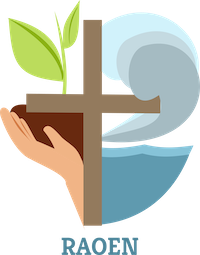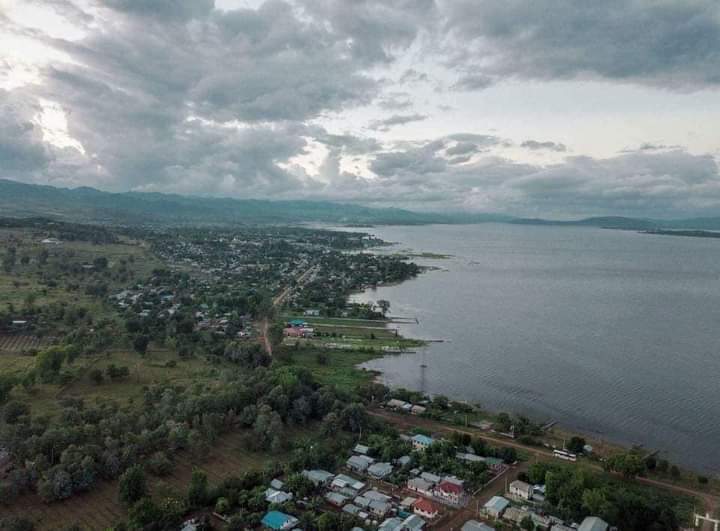Kayan voice on balancing methods of resource extraction: curbing electrofishing in Belu Chaung
I am Agnes Aye Min Thant and I am from a small town called Pekhon, located in Southern Shan State, Myanmar. I am born Kayan, one of the ethnic minorities of Myanmar. In Pekhon, there are other subtribes of Myanmar such as Kayah , Kayan, Pa O, Shan, and Bamar, so multi ethnicity and diversity are part of my life. People do pig feeding, planting vegetables, farming, and fishing for their living. We have a loch (lake) called “Beluu Chaung” which flows from Inle Lake to Loikaw, Kayah State, and it is very essential and full of resources for our daily living.
Before 2015, some people caught fish in this lake by electro-shocking, so many fishermen were in difficulty because this method killed all kinds of fish and left almost nothing in the lake. They couldn’t catch and sell fish in the market for their living for some time. Electro-shock fishing has made people suffer because they lost their livelihood. As a response, in 2015, the “Maintain Loch Committee” comprised by Kayan Prime Minister and the local people announced that it is prohibited to do electro-shock fishing. They also asked fishermen to put rubbish bins in their boats in order to keep the Loch clean. They confined nature reserves for the birds and some animals. They release fish once or twice a year to replace the fish, and they confined “no fishing areas” in some parts of the lake. So, it is very helpful for the fishermen and all of us.
During the Covid-19 pandemic, like most people in the world, the people in our town also lost their jobs. These people have been working far from their hometown, either in Thailand, Malaysia and other neighboring countries. They had to come back home; some people help their family in working in the field, like planting some vegetables for consumption and some for selling in the market. Some people earned money by cleaning or planting other people’s fields.
However, many more people are in difficulty now because there is less work opportunity for them. Now our country is still struggling due to Covid-19 pandemic and the current political tension. In this uncertainty, what we can do is to stay safe and to live in solidarity with our brothers and sisters. For our people, this could mean to have the rice grains and crops they kept from the previous year and the vegetables which they planted in their field. This way, our people can survive.


